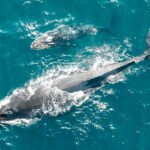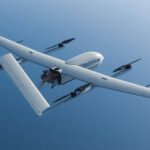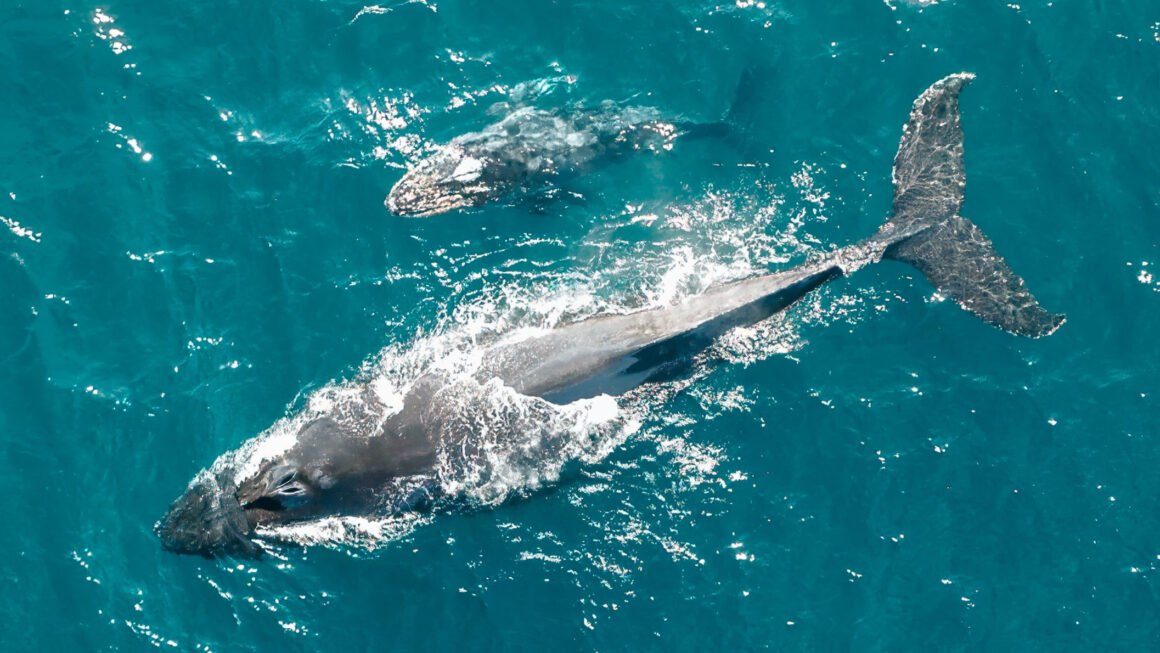A study on Kenyan guineafowl by an international team, including Australian researchers, reveals that animal leadership triggers physiological stress, much like in humans.
Researchers tracked wild guineafowl in Kenya in eastern Africa for four months, using heart rate monitors and positioning devices to study their movement and stress levels, said a statement released Wednesday from the Australian National University (ANU), which co-led the study.
The study found that guineafowl, when trying to lead their group by initiating movements, especially against the group’s majority, had the highest heart rates.
“We also found that just moving as part of a group had a noticeable impact on the heart rate of the birds, which was much higher than when they were moving on their own,” said co-author James Klarevas-Irby from ANU and Germany’s Max Planck Institute of Animal Behavior.
Guineafowl make decisions typically following the majority. While leading can offer benefits, it poses significant risks for those acting alone, the researchers found.
“Some individuals lead more than others, while some follow more. We were interested in the consequences of this process,” said the study’s co-author Damien Farine from ANU and Germany’s Max Planck Institute of Animal Behavior.
Published in Current Biology, the study, led by researchers from Australia, Germany, Switzerland, Kenya, and Sweden, underscores the universal challenges of leadership and group decision-making across species.













